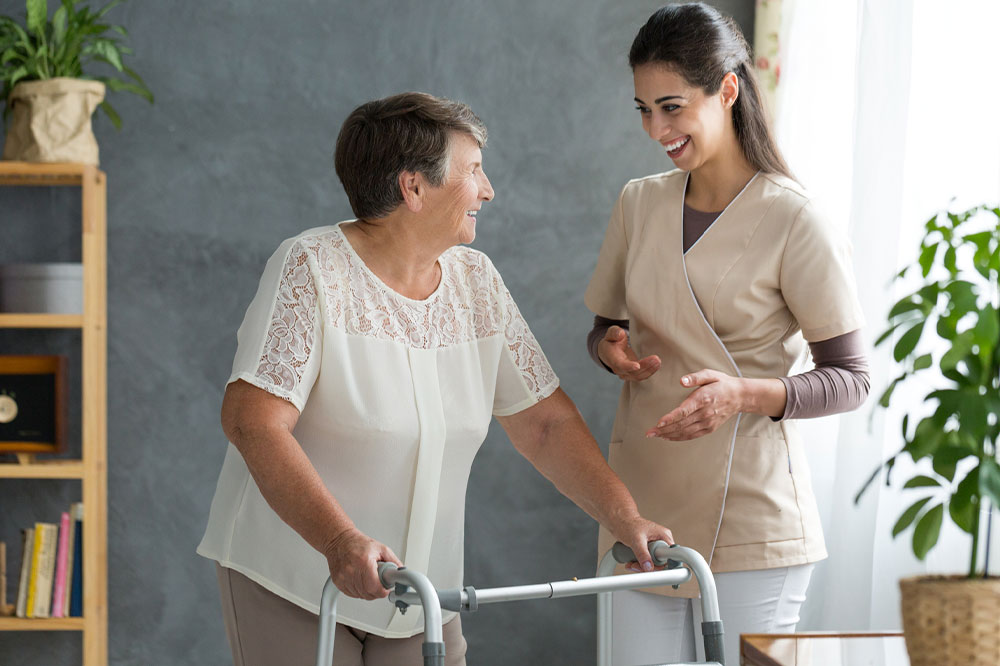Understanding the symptoms, causes, and risk factors of Parkinson’s disease
Parkinson’s disease is a form of a progressive nervous system disorder that directly impacts the movement of the body. While symptoms may start to appear gradually, sometimes they begin with a mild tremor in any of the hands. Tremors are quite common, the disorder can also cause slowing down the movement as well as stiffness in the body. In this article, we would be looking at the different symptoms, causes, and risk factors associated with this medical condition.
Symptoms
The signs of this disorder differ from one person to another. While early symptoms may be unnoticed, they appear on one side of the body and worsen that area.

- Tremor
The most common sign of Parkinson’s disease is tremors. It usually starts from any of the limbs. It can occur in the fingers or even the hand. - Change in speech and writing
If you speak quickly or mumble and experience difficulty in writing, you may be suffering from Parkinson’s disease. - Rigid muscles
Muscle stiffness typically occurs in any part of the body. The stiff muscles can be quite painful, limiting the range of motion.
- Impaired balance or posture
A change in posture and balance issues are also the signs and symptoms of Parkinson’s disease.
While this disease may slow down your movement, it can also make simple tasks quite difficult. You may find it time-consuming to do simple tasks. Your steps keep becoming shorter while walking.
Causes
- Genes
Researchers have made genetic mutations, which can result in Parkinson’s disease. However, this is quite uncommon and can happen only in rare instances wherein many members of the family are affected by this disorder.
- Environmental triggers
Exposure to certain triggers or even toxins with environmental factors may increase the risk of getting this disease. However, the risk is quite small.
Risk factors
The risks associated with Parkinson’s disease include:
- Age
This disease can develop in middle-aged men/women. The risk increases with age. People over the age of 60 are at a higher risk of getting this disorder. - Gender
Even though there is no exact cause behind this particular risk factor, men are more likely to get Parkinson’s disease as compared to women. - Heredity
Many people who get Parkinson’s disease are related to somebody who is inflicted with this disorder. However, the risk is quite minimal. Chances may only increase if you have many relatives in the family who have Parkinson’s disease. - Exposure to toxins
Ongoing exposure to different pesticides and herbicides may increase your risk of getting Parkinson’s disease. Hence, you should be aware and conscious of your surroundings.
If any of your loved ones start to show symptoms of this disease, we recommend you to get it checked at the earliest. An early diagnosis will be helpful in following an effective treatment plan. Various medications and surgical procedures can help you in improving the condition.

